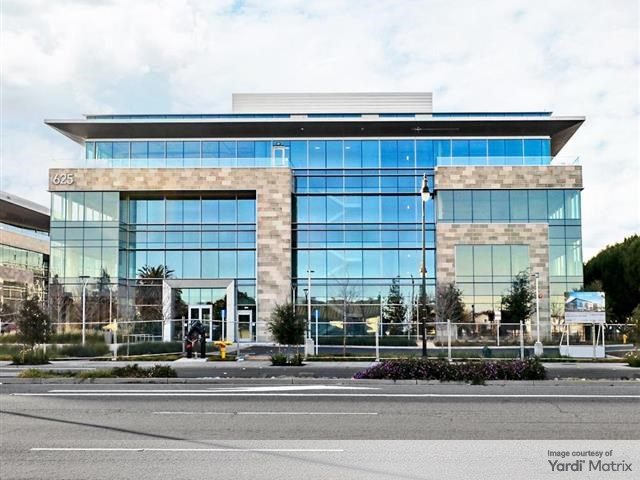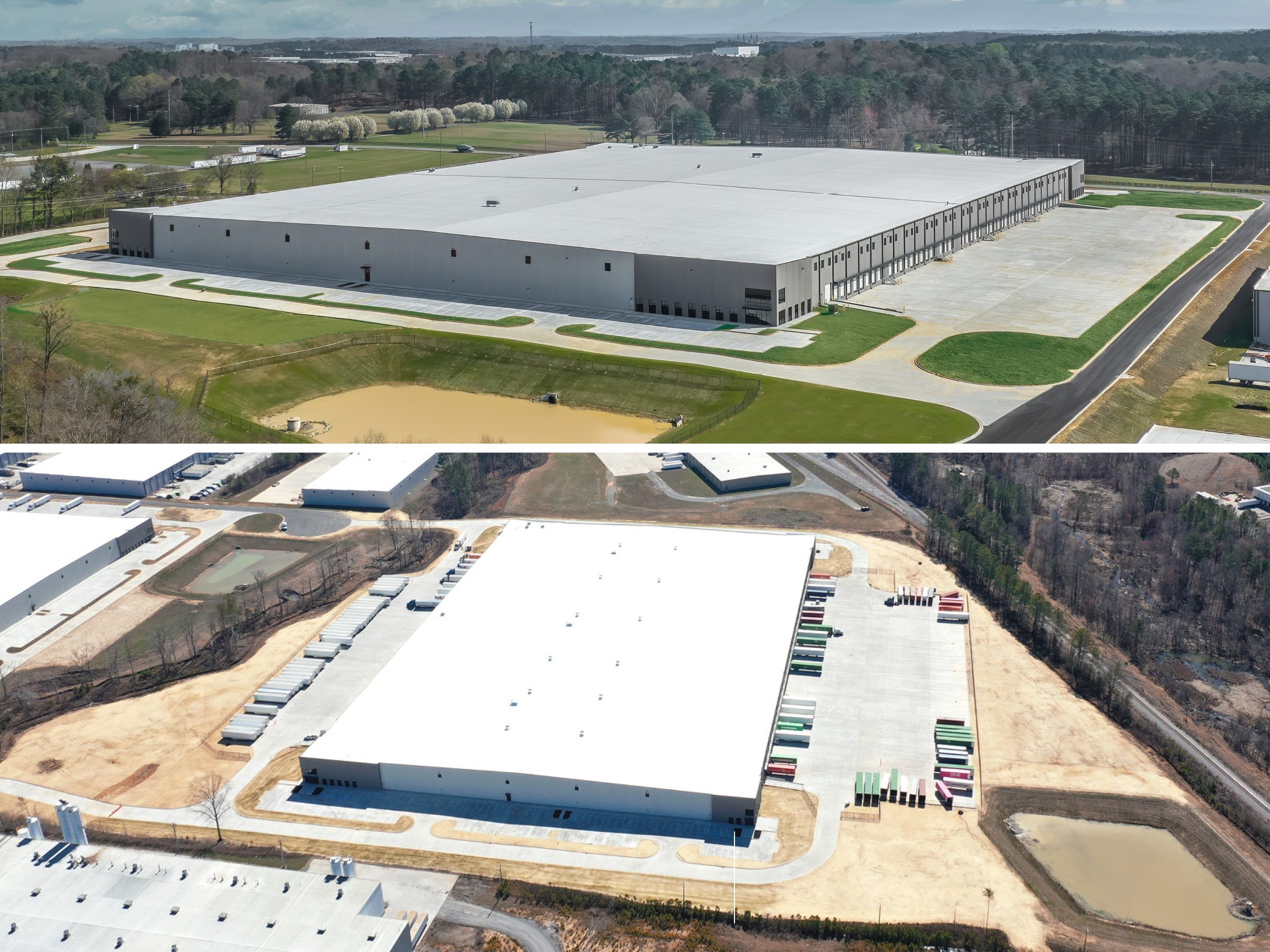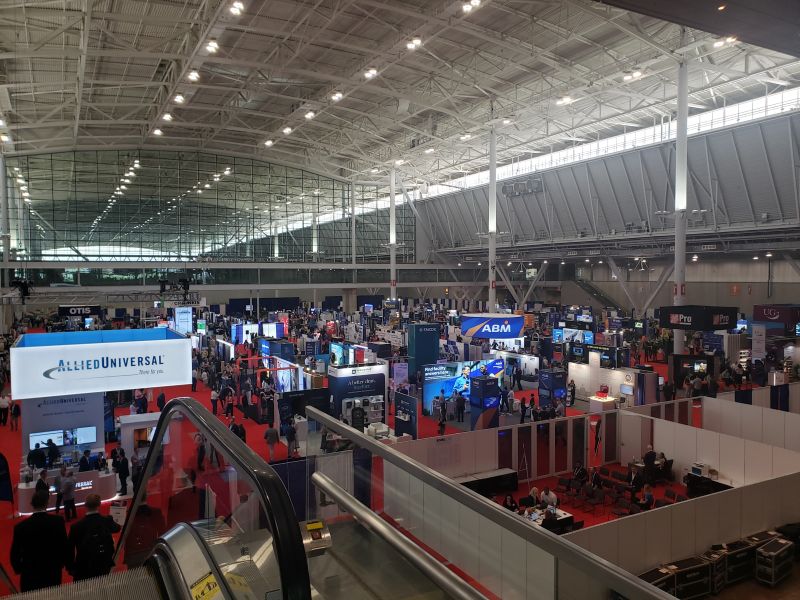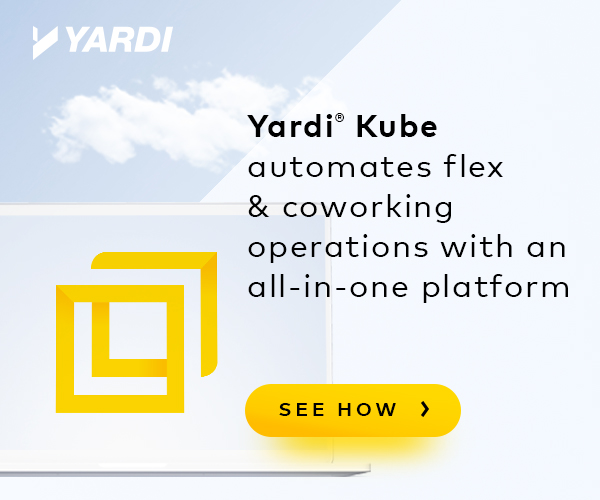The CDO Stack: How Advanced Technology Can Assist CRE
John D’Angelo of Deloitte on why commercial real estate executives who haven’t tried document abstraction tools should.
Over the last two months, I’ve noted how the “Great Resignation” has impacted clients’ operations in the real estate industry and how technology can help address challenges that companies are currently facing.
Specifically, these challenges relate to above average attrition rates as workers increasingly reject the sort of manual, low-value, repetitive work that has long fueled processes. While I believe we’re reaching a tipping point, where digital transformation will become more prevalent as the industry modernizes and catches up, I also see ways in which robotic process automation and machine learning can provide relief in the short term.
I’ve described RPA as being on the simple end of the automation spectrum, just a step up from macros, and with artificial intelligence on the opposite end. ML sits in the middle of this spectrum. I believe ML holds promise for improving automation in real estate and helping to leverage those who have accumulated deep expertise and honed sharp instincts.
We’ll be talking about ML in the form of cognitive automation, which is often lumped together as RPA, and cognitive engagement, which is often termed a form of AI.
Think of ML in the form of cognitive automation as the pure form of machine learning. A great example of this is document abstraction, particularly lease abstraction. In this case, applications that are designed to perform lease abstractions do three things. First, the application uses OCR (Optical Character Recognition) to “read” through a document in electronic form. Second, it scans through what it reads to recognize words and data in a given structure or sequence and use what it “finds” to fill in blanks in a structured lease abstract form. Third, it highlights what it has abstracted with a link to where in the document the data was found, along with its degree of confidence that it has gotten it right.
The more sophisticated the application, the more rules that exist out of the box and the better it is at “getting it right” on the first pass. Regardless of sophistication and completeness of ruleset (and here’s where machine learning comes in), the application will initially miss terms and nuances in language, and likely misinterpret meaning. However, it also gets things right despite indicating low degree of confidence. As a person reviews, accepts, corrects and adjusts, these edits are captured as additional rules that the application “learns” and incorporates into future abstracts.
Common statements I hear from those who have embraced and used document abstraction tools (for leases or, commonly, debt) is that it can be frustrating and seem futile at first. Many stop at this point in the “experiment” because it either seems pointless or just easier to stick with the manual process. Those who stick with it, however, often describe the pace with which the application gets better as “scary.” This is particularly the case where there is a standardized lease document on the lessor side (typical), and the learning can be applied more readily. Like RPA, the application doesn’t tire, get bored, or have a bad day. RPA is ruthless about applying the rules it’s been taught, and it wants to continue to learn and remember what it has learned.
I would challenge those who have experimented but given up to try again. But this time, go in with a patient and perseverant mindset. And, I would challenge those have heard “it’s not there yet,” to see for yourself that it is. With a promise of three- to four-fold reduction in total abstraction time and significantly greater accuracy, it’s hard to ignore. Check back next month when we talk about cognitive engagement and how advanced and predictive analytics, paired with human experience and expertise, can be used to make a better investor, owner and operator.
John D’Angelo is a managing director with Deloitte and is the firm’s real estate solutions leader, designing solutions to address client challenges and push the industry forward. With over 33 years of experience as a management consultant to the global real estate industry, D’Angelo has helped some of the biggest names in real estate leverage technology and use data to optimize and transform their operations.








You must be logged in to post a comment.